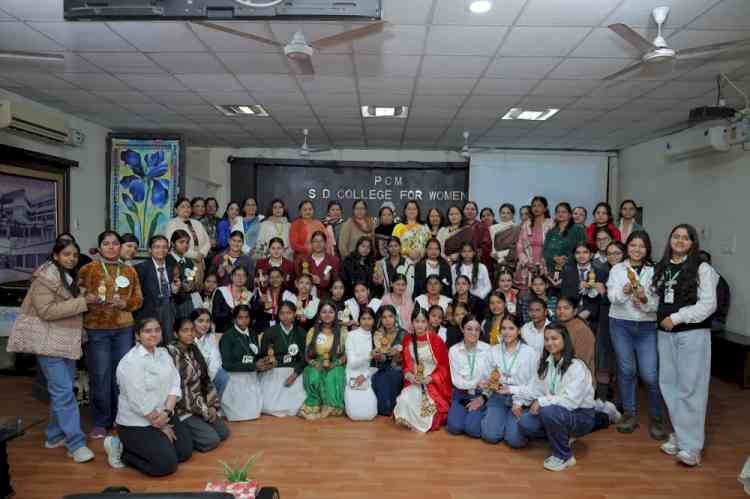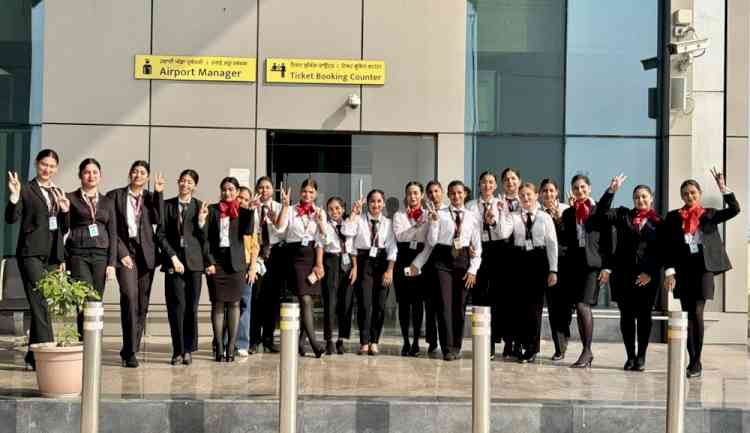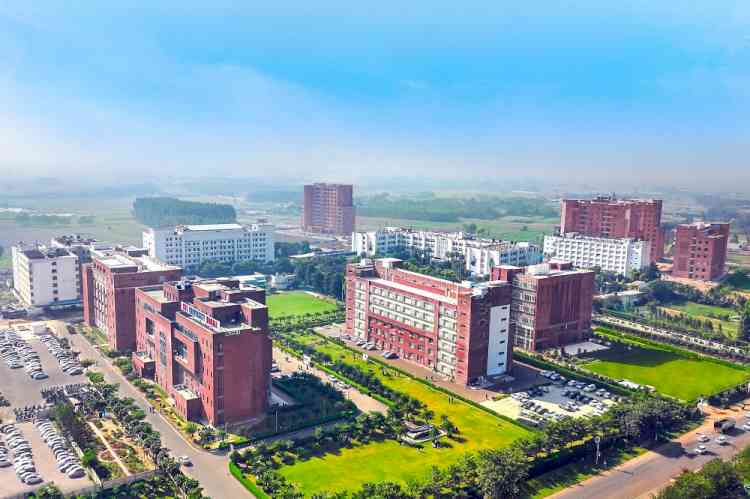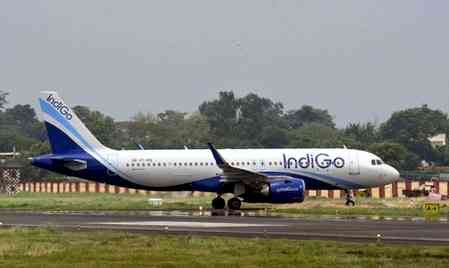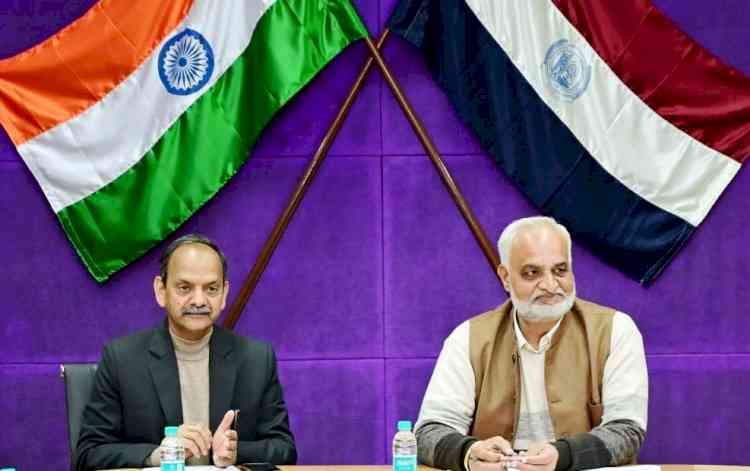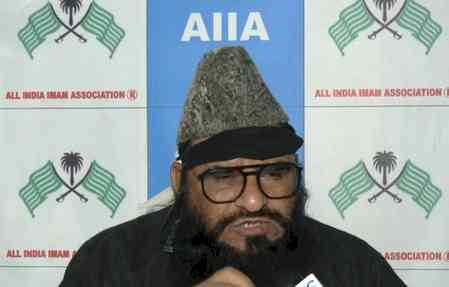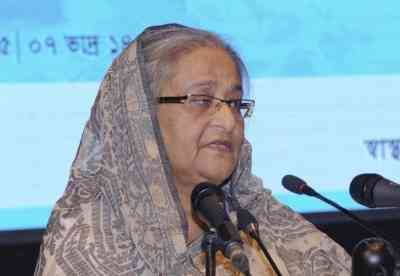National Seminar on ‘Sapta Sindhu: The Cradle of Indian Civilization’ held at Central University of Punjab
The Department of History at the Central University of Punjab, under the patronage of Vice-Chancellor Prof. Raghavendra P. Tiwari, successfully organized a National Seminar on ‘Sapta Sindhu: The Cradle of Indian Civilization’, on Wednesday. The event featured Narender, social activist and scholar in Punjab, as the Chief Guest, and Dr. Varinder Garg, PGI Chandigarh and Eminent scholar in sapta sindhu participated as Keynote Speaker.
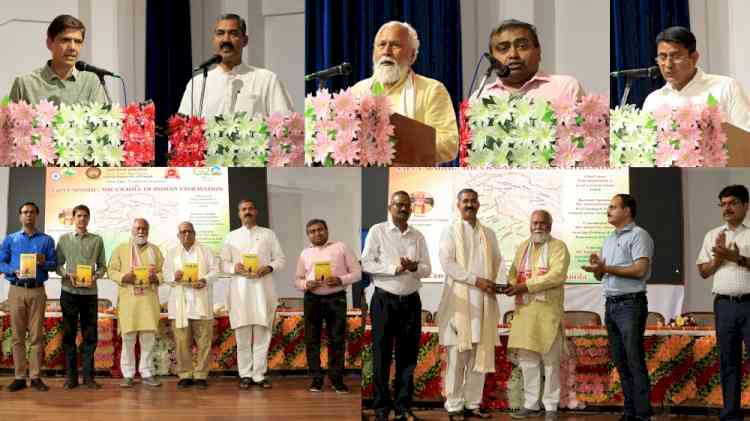
Bathinda, April 30, 2025: The Department of History at the Central University of Punjab, under the patronage of Vice-Chancellor Prof. Raghavendra P. Tiwari, successfully organized a National Seminar on ‘Sapta Sindhu: The Cradle of Indian Civilization’, on Wednesday. The event featured Narender, social activist and scholar in Punjab, as the Chief Guest, and Dr. Varinder Garg, PGI Chandigarh and Eminent scholar in sapta sindhu participated as Keynote Speaker.
Addressing the gathering, Narender described the Sapta Sindhu region as the sacred cradle of Bhāratīya Sanskṛiti, emphasizing its inclusive nature that embraces all communities and philosophies. He reminded participants of Takshashila—the world’s first university—located in this region, which attracted scholars globally. He also highlighted the spiritual teachings and sacrifices of the ten Sikh Gurus and the universal message of Ik Onkar. Quoting Swami Vivekananda, he stated that Indian culture and Sanskrit are among the greatest treasures of humanity. He urged for an education system rooted in nationalist values and cultural pride, stressing the importance of reminding youth about the sacrifices made by their ancestors in achieving freedom.
In his keynote address, Dr. Varinder Garg elaborated on Punjab’s historical identity as part of the Sapta Sindhu region, showcasing its contribution to the evolution of Indian civilization. He cited archaeological sites like Harappa, Mohenjo-Daro, and Rakhigarhi to establish the continuity of Indian culture since ancient times. Dr. Garg critically examined the Aryan Invasion Theory, coined by 19th-century German philologist Max Müller, pointing out its lack of archaeological evidence, disregard for genetic data, and colonial bias. He called for a re-evaluation of Indian history through an indigenous lens aligned with Vedic texts and archaeological findings.
Vice-Chancellor Prof. Raghavendra P. Tiwari, in his presidential remarks, emphasized the multifaceted contributions of the Sapta Sindhu region to Indian civilization, encompassing intellectual, cultural, and social aspects. Prof. Tiwari further discussed the Sapta Sindhu region's role in gathering and preserving scientific knowledge, which continues to influence various facets of human life today. Prof. Tiwari underscored the importance of advancing the intellectual legacy of the region. He also referenced Angus Maddison’s report, noting India’s economic decline from 24% of global GDP in 1700 AD to 3% by 1947 due to Mughal and colonial rule. He concluded by emphasizing the need to acknowledge and rebuild the intellectual and economic strength that once flourished in this ancient region.
As a part of this event, the dignitaries also released books authored by Shri. Narinder Bassi and Dr. Sanjeev Kumar.
The programme commenced with a welcome address by Dr. Sanjeev Kumar, HoD, Department of History, and the programme theme was presented by Dr. Vipan Pal Singh, HoD, Department of English. Dr. Hareet Meena delivered the formal vote of thanks. Faculty, scholars, and students from various departments attended the seminar with enthusiasm.


 City Air News
City Air News 
